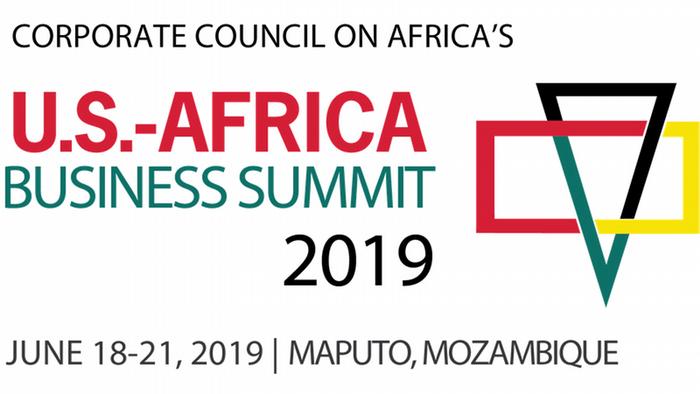Russia has organised a Russia-Africa economic conference in Moscow on Friday with nearly a thousand African delegates attending ahead of its maiden Russia-Africa Economic Summit to be held in Sochi in October.
This conference, attended by Russian Prime Minister Dmitry Medvedev, is strategically held ahead of the July 7 launch of the iconic African Continental Free Trade Area (AfCFTA) market which would make the continent the single largest free trade market in the world since the formation of the World Trade Organization.
The head of the Russian Export Center (REC) Andrei Slepnev told the Russian News Agency (TASS) that representatives of the African Union, ministers and government officials from Uganda, Rwanda, Sierra Leone among others have confirmed their attendance.
“The conference will address the issues related to a number of sectors, including railway infrastructure, agriculture, agricultural equipment, digital economy, healthcare and education. We expect this to lay the foundation for substantive agreements that will be reached by October,” Slepnev explained.
The conference was organised on the sidelines of Afreximbank’s 5-day shareholders meeting in Moscow which would end on Saturday. The meeting was attended by former Nigerian president Olusegun Obasanjo who urged urged the Nigerian government to sign the African Continental Free Trade Area (AfCFTA) Agreement.
Three out of the 55 African Union-member countries including Benin, Eritrea, and Nigeria, have not signed the free trade agreement as a result of opposition from local businesses, private sector and trade unions who fear they might face significant losses in the face of integration.
“ I believe we have enjoyed the time of delay but of course we have no choice than to sign it… I do hope that sincerely before the formal inauguration in Niamey on July 7 and 8, that Nigeria will not be absent at the launching,” Obasanjo said in Moscow on Thursday in the presence of government officials.
“If you heard the statement of Nigeria’s Permanent Secretary, you have nothing in a statement more beautiful than that, but he is not a policy maker, he is a policy executor… Now, he will go home and tell the policy makers that he has made the right statement and it’s now right for action. I hope after he says that, they will follow through,” Obasanjo was quoted by the News Agency of Nigeria (NAN).
The Permanent Secretary, Politics and Economic Affairs, Office of the Secretary to the Government of the Federation, Mr Gabriel Aduda, assured that Nigeria would sign the agreement after it takes protective measures.
“With time, Nigeria is going to sign… You do not expect a country like Nigeria to be given the same size of cake with a country like the Gambia even though we are all in Africa, it doesn’t work like that because Gambia is just like a local government in Nigeria,” he added.
The government official further explained that they need to probe the issues that come with such agreements including machinations by the West who might be influencing some neighbouring countries.
“You cannot just go ahead and enter into an agreement with neighbouring nations without looking at who is standing behind that nation; how are you going to protect yourself,” he stated.

The conference follows the United States’ version which ends Friday in Maputo, Mozambique and attended by African business leaders including 12 African heads of state and government, such as the presidents of Namibia, Zimbabwe, Guinea-Bissau and Malawi.
The U.S.-Africa Business Summit focused on getting Africa to choose the United States over China and Russia as it seeks to double its investments and trade between the two bodies by 2025.
Meanwhile, China is also meeting 54 African countries in Beijing on June 24 and 25 to discuss last year’s Forum on China-Africa Cooperation (FOCAC) summit. The meeting is more of a reminder than a mere discussion about the implementation of the USD $60 billion commitment made by Chinese President Xi Jinping in the form of grants, loans and special funds, as well as, the investment of $10 billion by Chinese companies in Africa through 2021.










